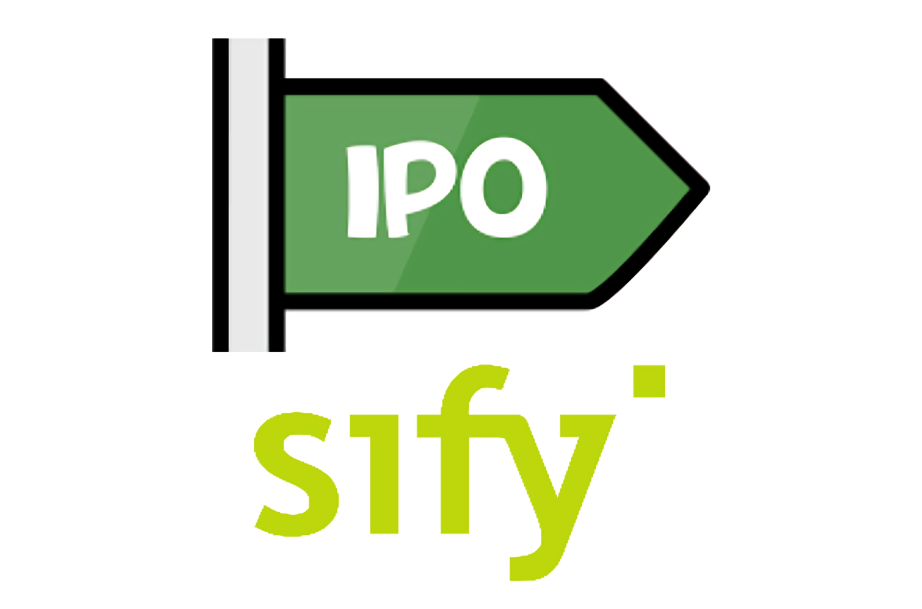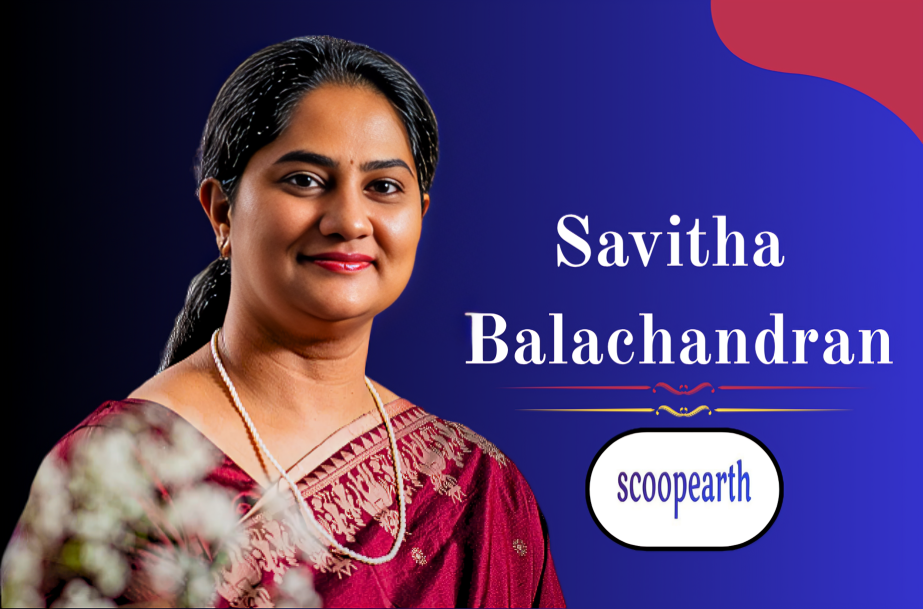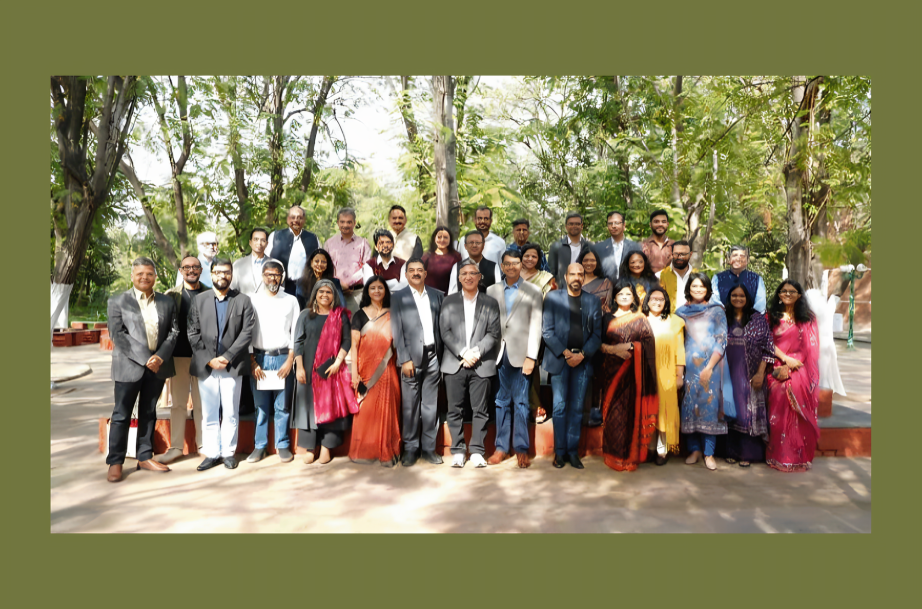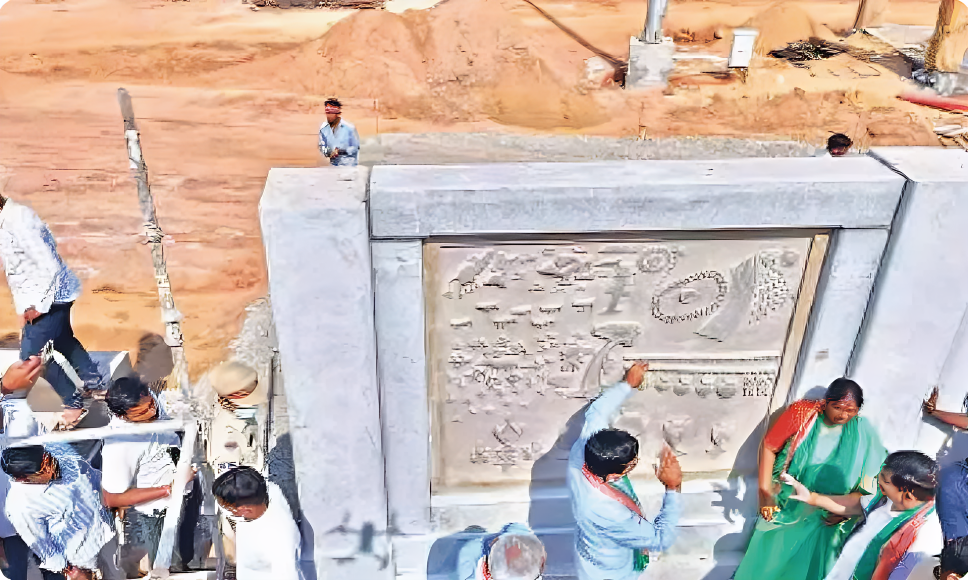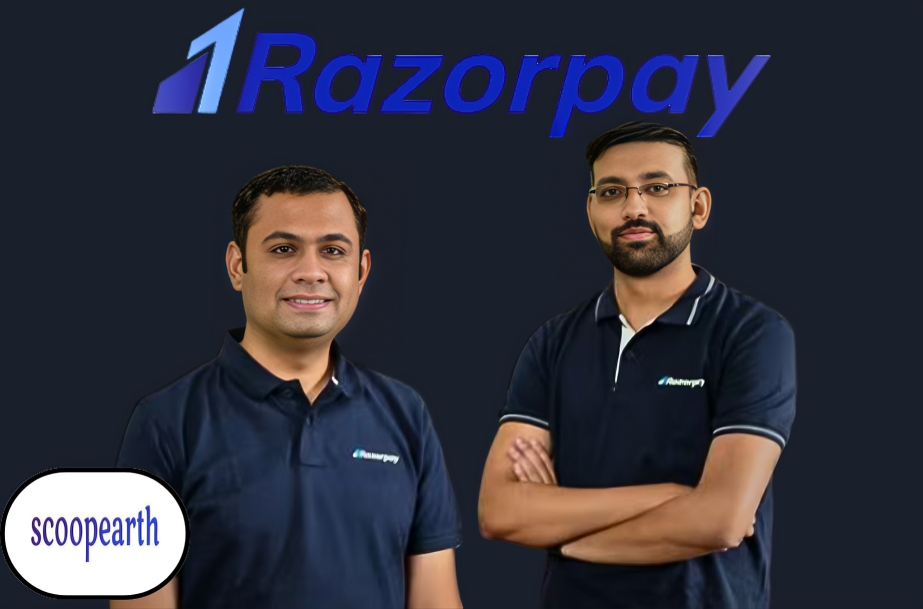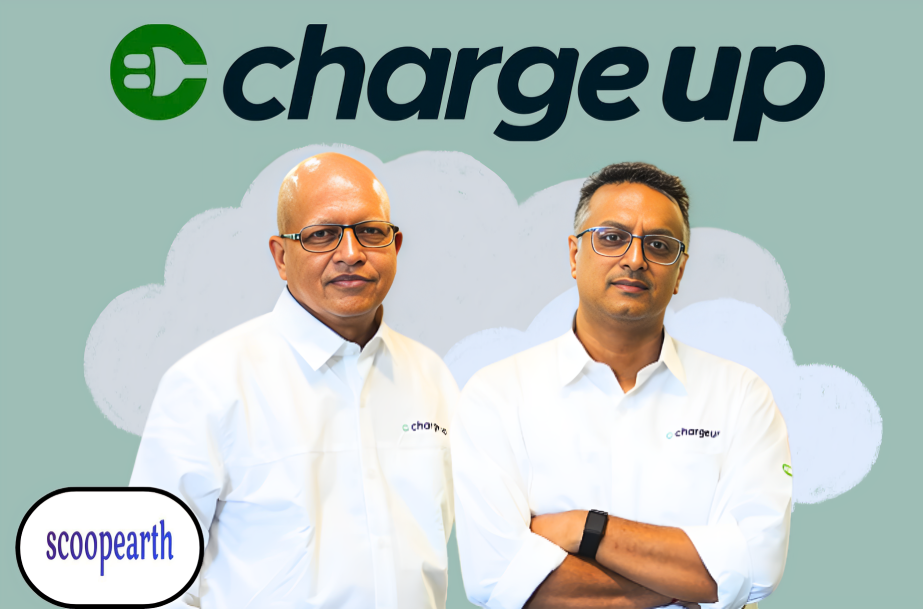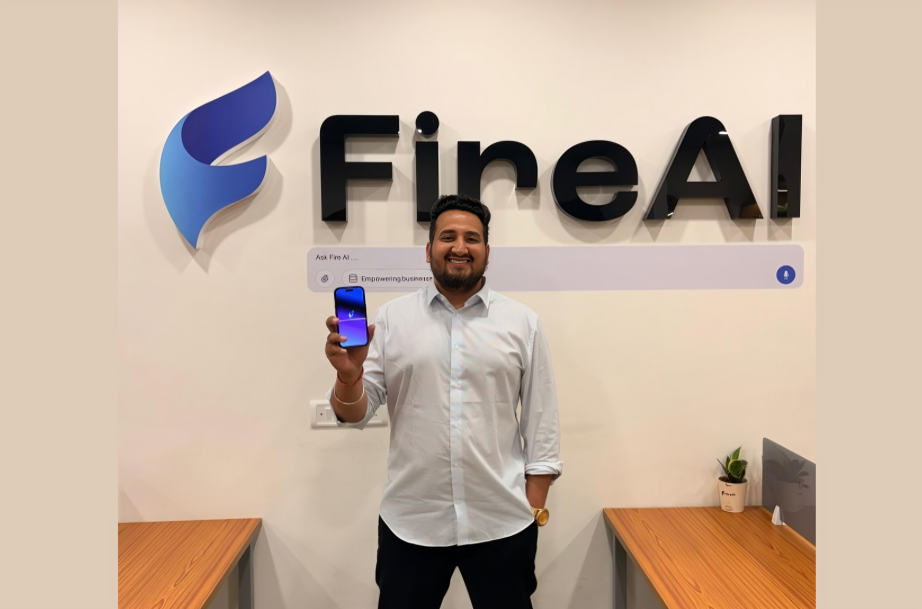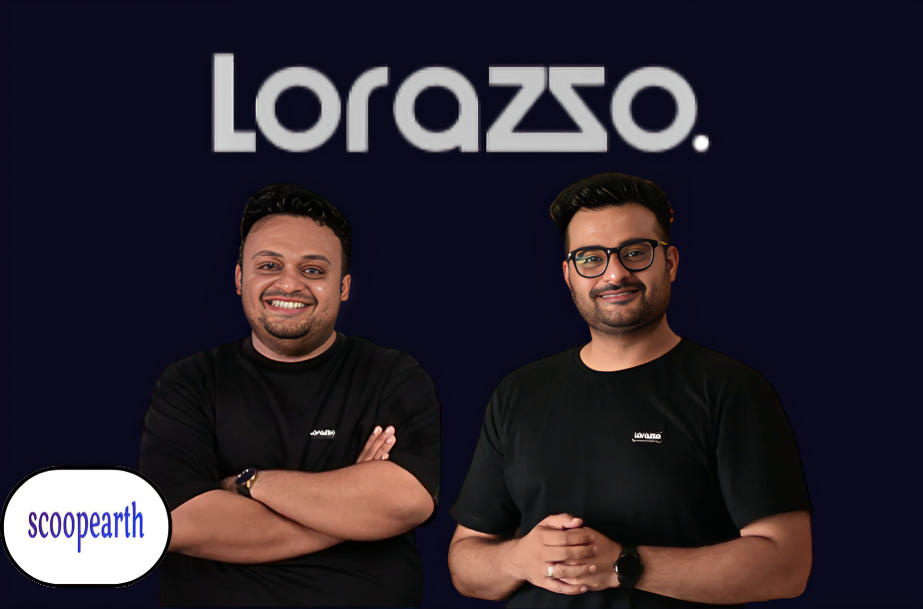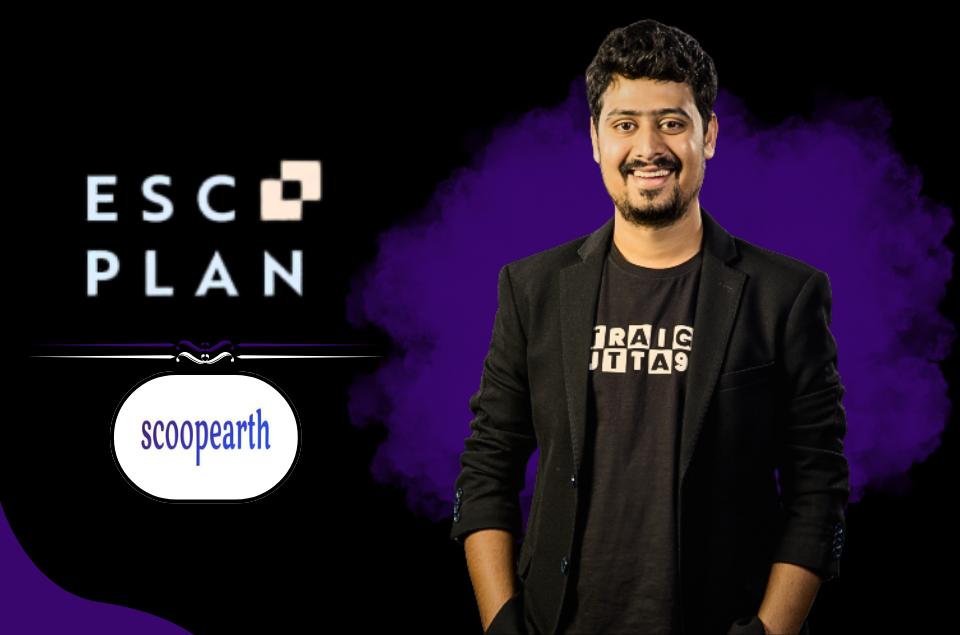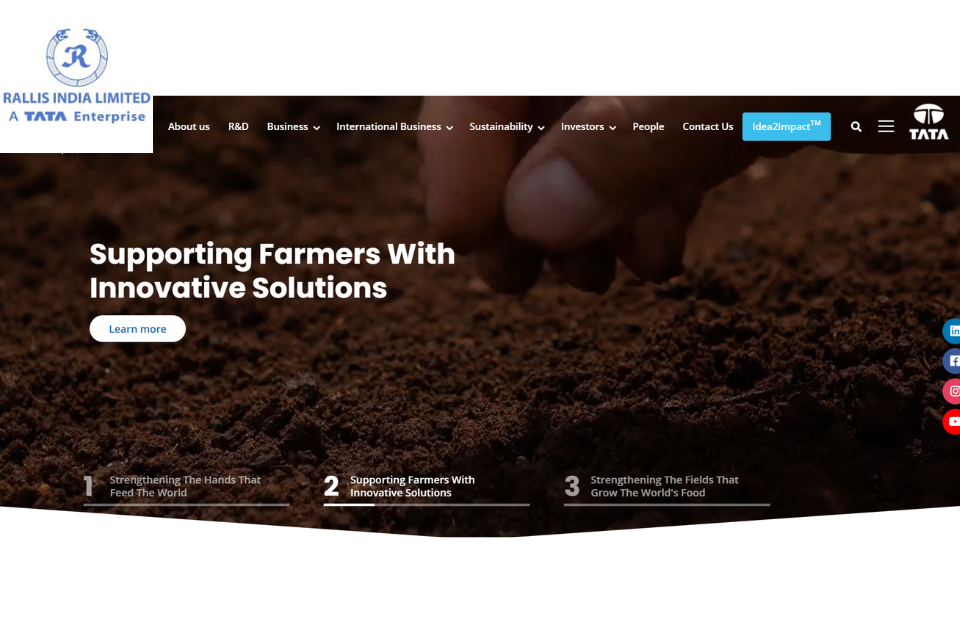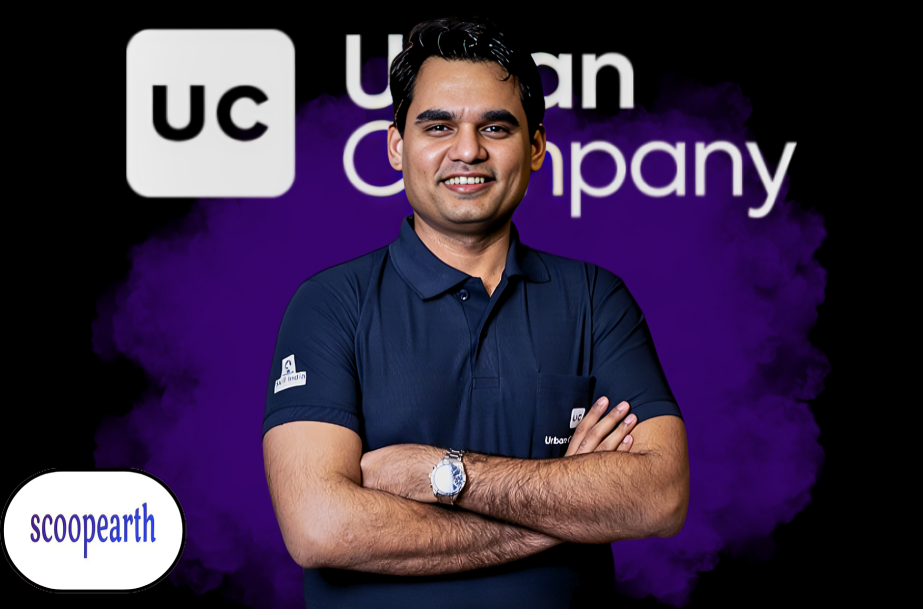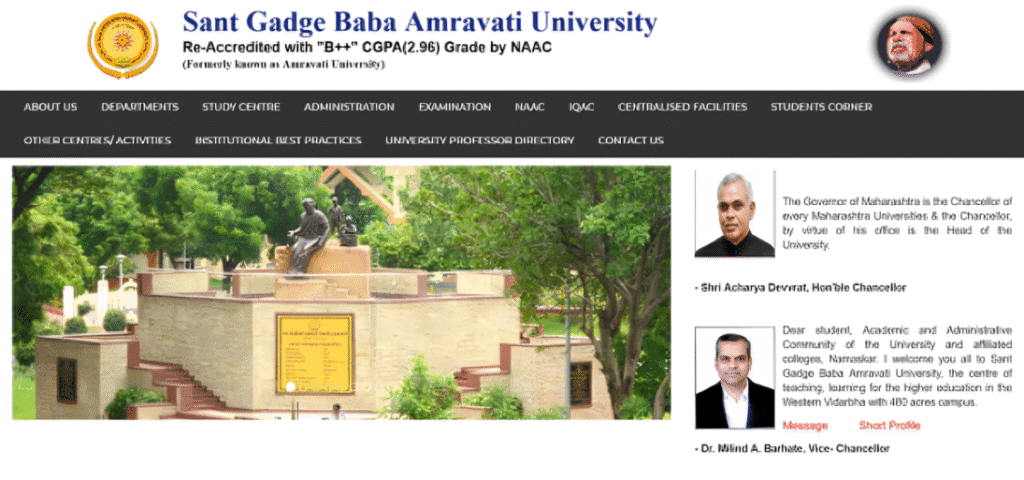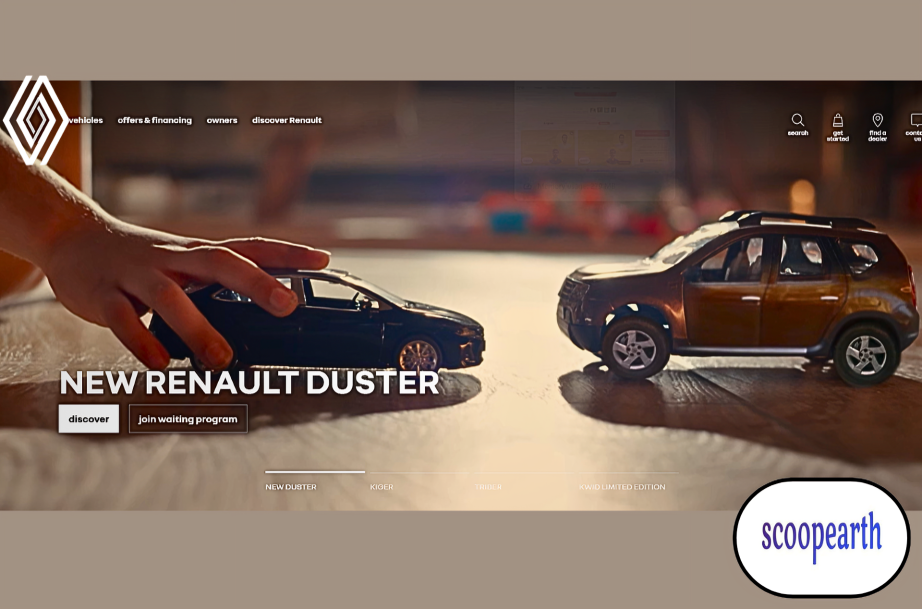According to ZEISS India, AI algorithms can detect vision problems in advance before symptoms arise in human eyes
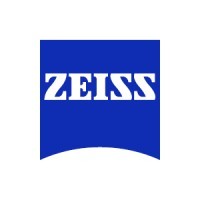
SUMMARY
Eye care is not an exception since artificial intelligence is quickly changing the healthcare sphere. It is possible to detect vision issues many years before symptoms show, according to ZEISS India, a subsidiary of the German optics and medical technology giant Carl Zeiss AG, due to AI algorithms that now open the door to predictive and preventive ophthalmology.
AI mimics the way humans learn, but at scale and speed
Eye care has strictly been reactive. When patients have lost their vision to an observable degree, they consult. This delay in diagnosis may cause irreparable damage to conditions such as diabetic retinopathy, glaucoma, and macular degeneration. ZEISS India is confident that AI can alter this paradigm as it allows early detection and timely intervention.
Deep learning, a branch of AI that replicates the human learning process, is at the heart of this innovation, but on a large scale and rapidly. The AI systems are taught to recognize disease patterns by using thousands of retinal images and medical records to interpret information and predict disease onset.
In diabetic retinopathy, small alterations in the blood vessels may initiate retinal damage. AI would be able to raise a red flag on such anomalies immediately so that the clinician could act before the condition deteriorates. Equally, in glaucoma, AI is able to identify pressure-associated alterations and harm to the optic nerve even prior to the prospect of vision loss. This not only enhances the accuracy of diagnosis but also decongests the health care system by simplifying the processes and minimizing the number of manual errors.
AI-powered tools by ZEISS India
ZEISS India has started using AI on its diagnostic and surgical systems. The ZEISS Surgery Optimiser App, an AI-based application to assist novice surgeons in learning through the use of segmented videos of expert cataract surgeries, is one of them. It applies real-time surgical data to detect variation and streamline procedure steps, as well as enhance procedural consistency. The other innovation is the Pathfinder solution, a deep learning tool that helps clinicians visualize and analyze workflows. The technologies will help eliminate gaps in experience, build surgical confidence, and eventually improve patient outcomes throughout India.
The Head, Medical Technology, ZEISS India and Neighbouring Markets, Dipu Bose, said, “However, AI proposes to aid clinical community with its ability to analyse huge volumes of data with high accuracy and helps detect anomalies at early stages of disease onset and thereby solving one of the biggest challenges in eye care, late detention, seen in emerging economies, including India. This is precisely why we call it preventive blindness. In India, this is becoming increasingly relevant as the majority of the population do not go for regular eye check-ups and they visit an eye doctor only when their vision is already affected. ZEISS contributes to this by advancing medical technologies for diagnosis, surgical interventions, and visualization, ultimately improving patient outcomes and quality of life. These insight-driven technologies are expected to help bridge experience gaps, improve surgical confidence, and ultimately enhance patient outcomes across the country. This means leveraging technology not just to treat but to predict, prevent, and personalise patient care before even the symptoms of the disease show up. ”
Quotation Source: The Hindu
Eye-tech market and challenges faced in vision health
India is experiencing a heavy load of vision loss, much of which can be avoided. Many of the population do not have a regular eye check-up, and only visit an ophthalmologist once their vision is impaired. This is a reactive style, which causes late diagnoses and increased cost of treatment.
The use of AI would provide a solution to this problem by proactively screening and providing individualized care. By having tools that can forecast and avoid blindness, healthcare professionals can stop dealing with crises and start managing long-term vision conservation.
India has a steadily increasing eye-tech market. Industry sources reveal the ophthalmic devices market was estimated at $943.8 million in 2024 and is expected to rise to $1.54 billion by 2033 with a CAGR of 5.23%. According to the Globe News, the eye-tech sector is projected to grow to $110.33 billion by 2030, up by 6.9% compared to 2024.
This is with the increase in demand for precision diagnostics, the ageing population, and awareness of eye health. The future of eye care is becoming more digital, data-driven, and personalized with the introduction of AI, robotics, and GenAI in the field.
Conclusion
The shift to AI-enabled eye care by ZEISS India is a game-changer in the health sector. With its ability to identify vision issues early before symptoms are identified, AI is not only improving the diagnostic process; it is completely changing the basis of the field of ophthalmology. With the twin issues of access and affordability in healthcare in India, inventions such as these represent the way forward. They both empower clinicians and educate patients, as well as establish a regime in which vision loss can be prevented, rather than treated.
Note: We at scoopearth take our ethics very seriously. More information about it can be found here.

